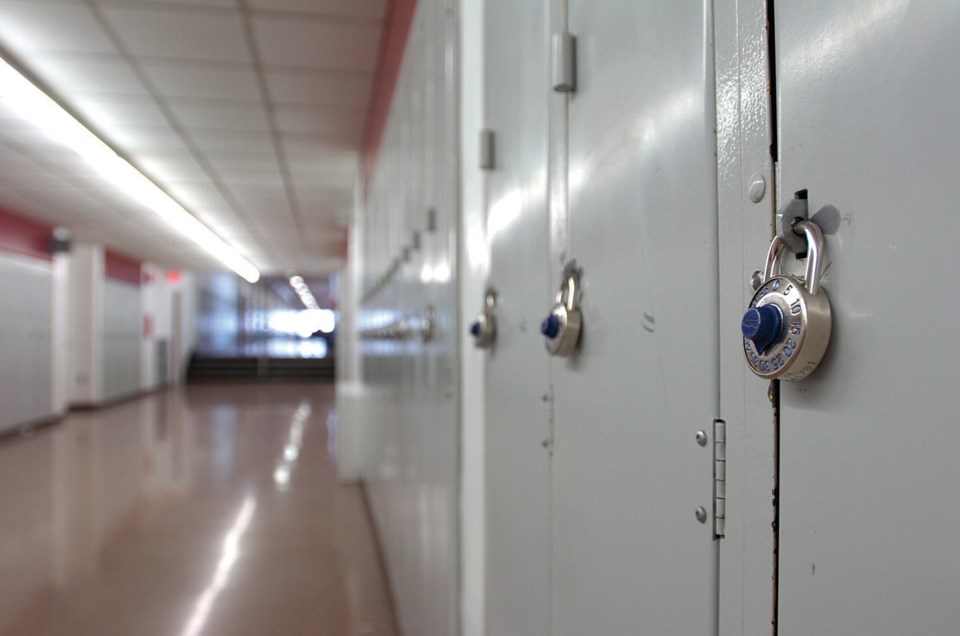This story has been updated since first published.
The decision to extend Vancouver’s two-week Spring Break indefinitely is the right move to slow the spread of Covid-19.
Education Minister Rob Fleming said the decision was made to keep kids and families as safe as possible. The decision to reopen schools will be made as the situation evolves.
“We don’t have all of the answers today,” Fleming said. “We are in a fast moving situation.”
Worldwide, as of March 16, 100 countries have closed at least some schools, leaving nearly 800 million children out of school.
It’s a positive, but curious, fact that children get a very mild illness, sometimes with no symptoms. But it’s still unknown if they can spread the disease.
Closing schools is a very significant decision. Schools are more than just places of learning – they are community hubs. For some children, schools are their only reliable source of food. For others, they give a much-needed respite from chaotic home lives. For still others, they are a crucial source of social interaction.
For many, schools are childcare. Yes, as this virus spreads, more and more businesses are going to be shut down, and more and more people will be working from home. But others — such as nurses, hospital clerks, doctors — are absolutely essential. Our lives depend on their presence at work. Who will look after their children? Grandma or Grandpa? I don’t think so, not in this case, with the virus causing the most severe illness in older people. Some level of service in schools will continue, so that the children of health care workers and other essential workers can continue to work, Fleming said. Details are still being worked out. Premier John Horgan said daycares will still stay open, but that could change at any time.
The economic effects of closing schools could be devastating. Prime Minister Justin Trudeau said on Friday that no Canadian should have to worry about whether they can pay their rent or buy groceries and that his government has “significant fiscal fire power” to help Canadians. I hope that extends to all education-related employees, including those who work on-call, regardless of any decision to close schools.
If Canadians are all expected to make sacrifices to help the greater good, so should governments. Their employees should continue to be paid.
Let’s talk about the loss of education. Sure, children in elementary school, who are healthy and average learners from middle-class homes, can probably survive missing a couple months of school. But children with special needs or those who depend on schools for their food, cannot. Certainly, for students in Grades 11 and 12, any significant loss of school time is extremely detrimental. Fleming said all Grade 12 students who are eligible will graduate and talks are underway with post-secondary schools to make sure they can transition to university.
Eventually, there may have to be some tough decisions made about schools. Perhaps Grade 11 and 12 students will be able to attend, while younger students will not. Perhaps the children of health care workers will be able to access child care, while others do not. Perhaps students with special needs will get some support, while others will not.
Such inequality may seem abhorrent on first glance, and it is. But it’s not as abhorrent as the decisions doctors have to make if the virus explodes – decisions about who gets a ventilator and who doesn’t, who lives and who dies.
Let’s hope it doesn’t come to that.
The irony is, if social distancing works in slowing the virus, it’s all going to look like a big over-reaction. If we end up with a slow build of cases that appears to be no big deal, that means these strategies were a success.
Finally, on a hopeful note, this is an opportunity to show others you care. The very best way to do that is to stay home as much as possible, don’t buy more than you need, support local businesses, check on seniors, wash your hands and isolate yourself if you’re feeling sick.
If Italians on lockdown can sing outside on their balconies and Spaniards can spread applause for healthcare workers as the disease explodes in their country, we can all suck it up and stay home for a few weeks.
I’m giving the last word to Henry, who is proving to be an exceptional source of calm, confident leadership.
“As a global community, we need to think about how best to help each other out,” Henry said on Saturday. “We will get through this. It’s going to be a challenging time for all of us, but now is a time for working together, it’s a time for compassion, it’s a time for supporting each other.”



